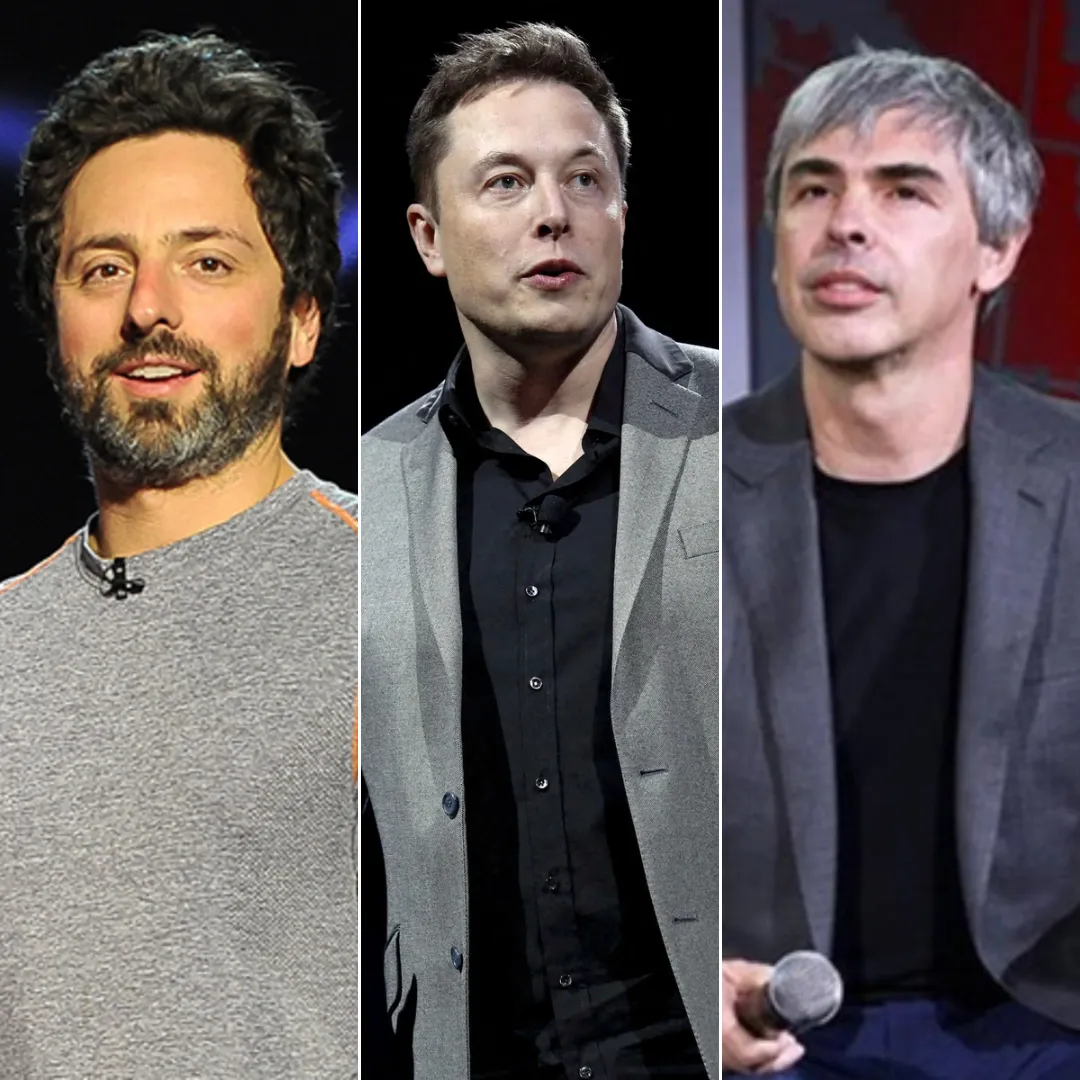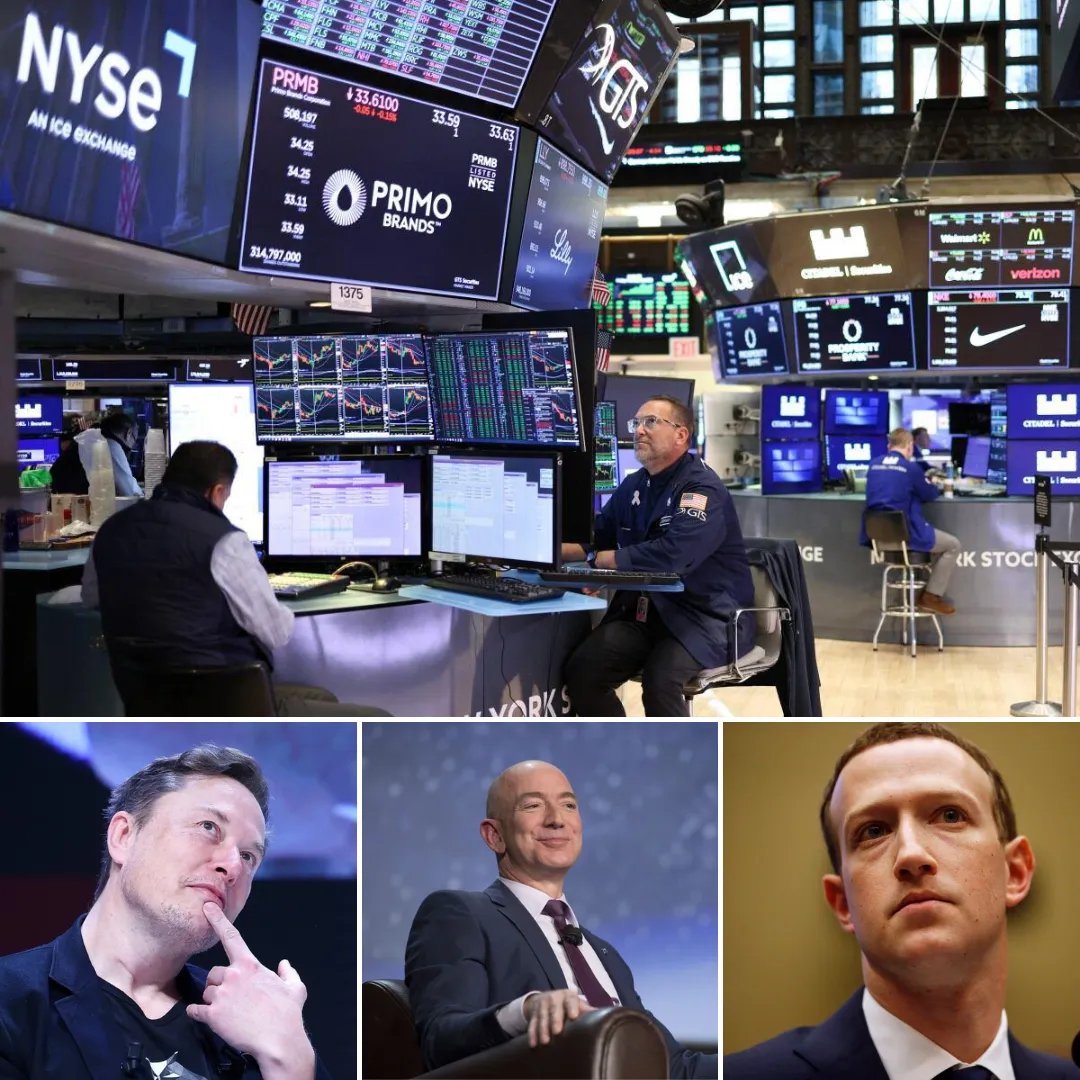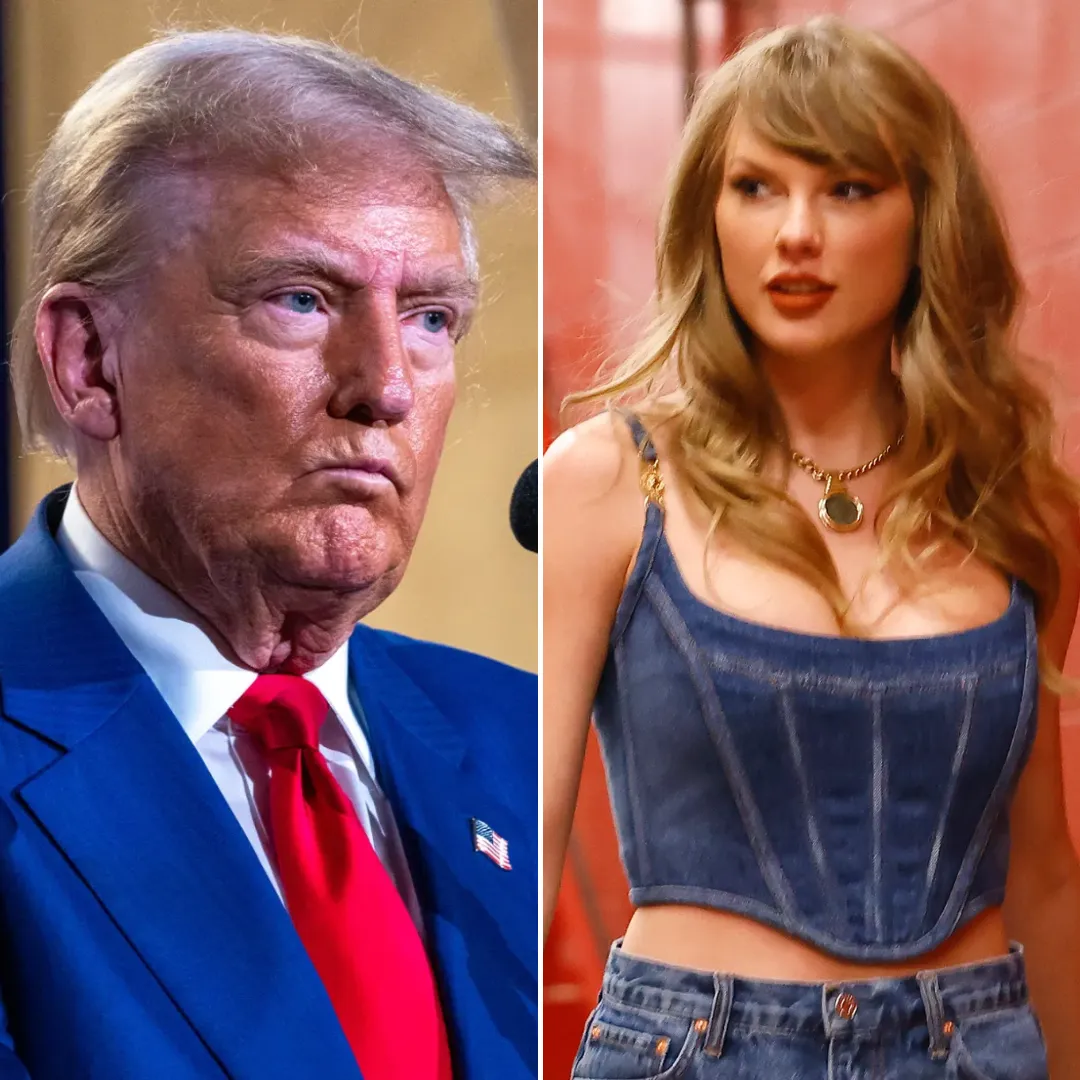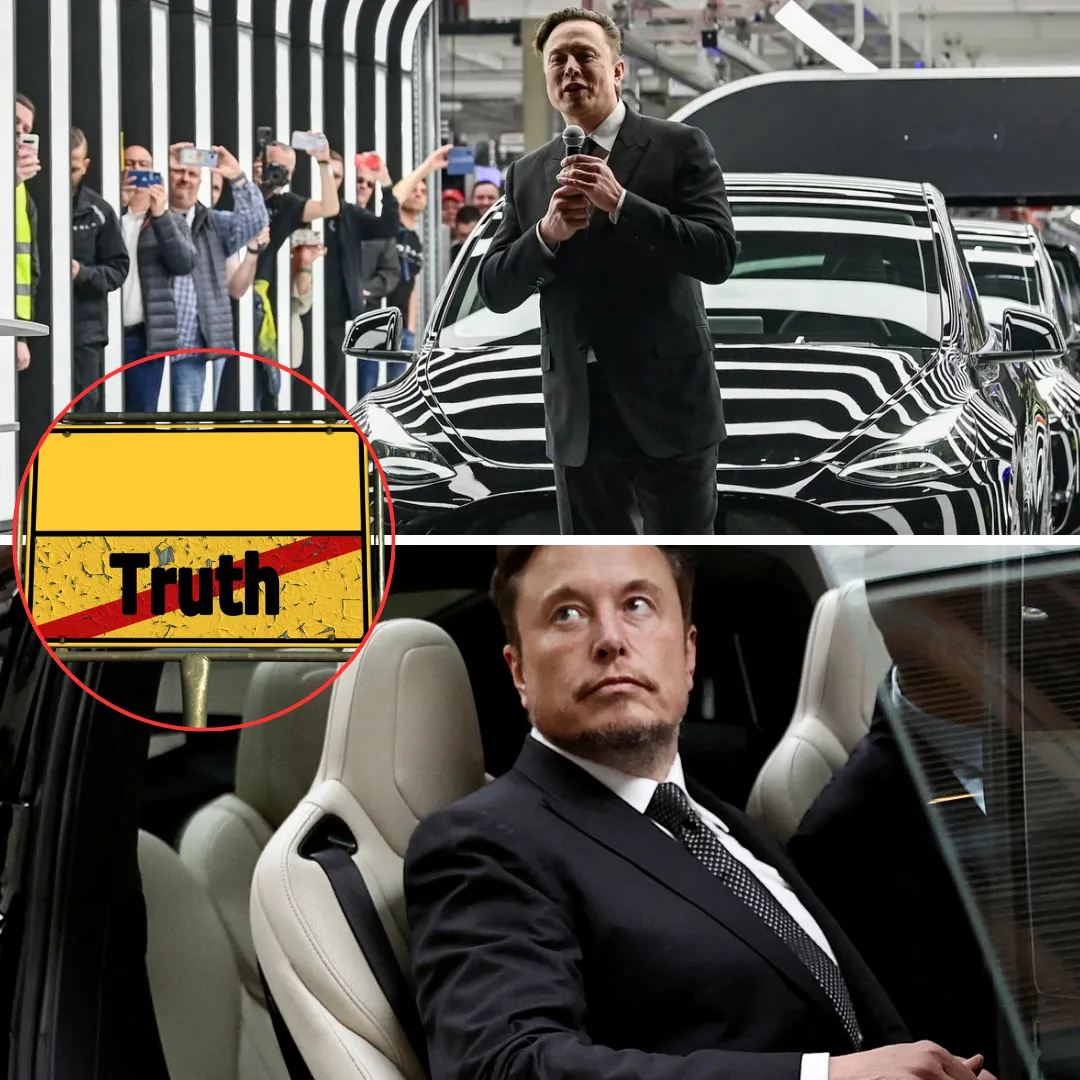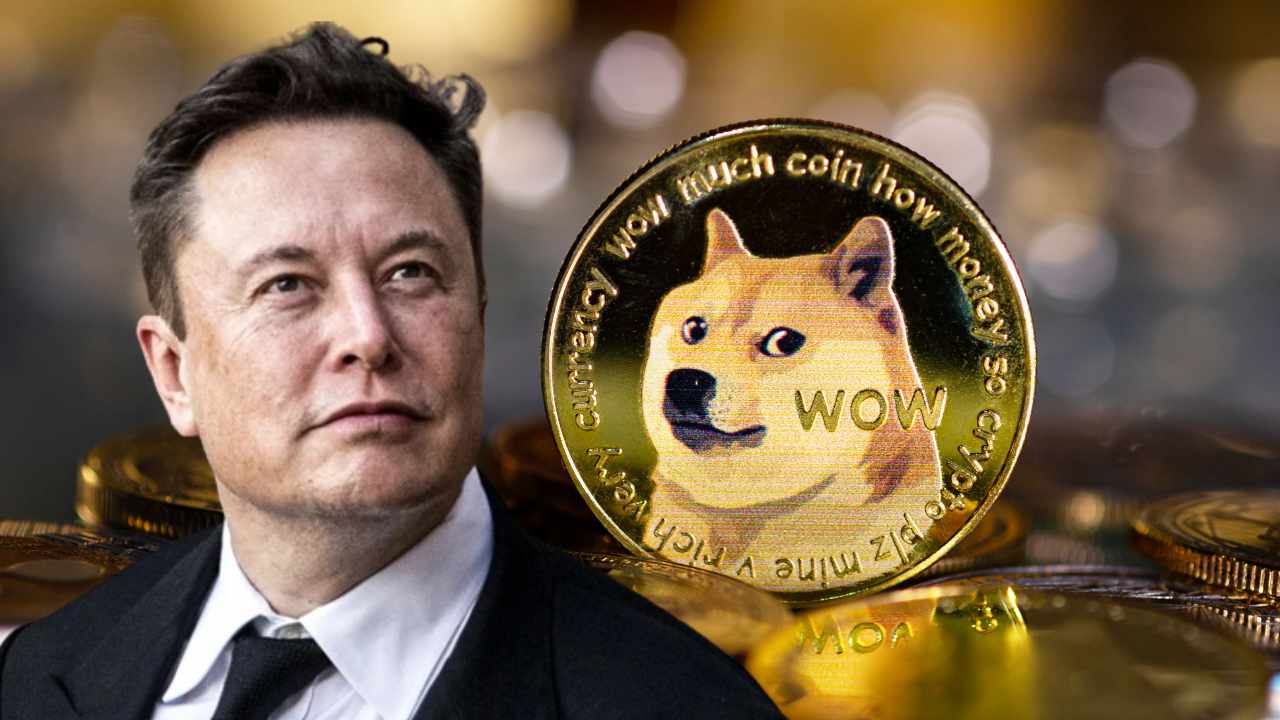
Elon Musk has officially ended his brief and controversial tenure as a special government employee under President Donald Trump, a role limited to 130 days per year that saw him lead the Department of Government Efficiency (DOGE).
On May 28, Musk publicly expressed his gratitude to Trump for the opportunity to spearhead efforts aimed at dramatically reducing federal wasteful spending and shrinking the size of the government workforce.
This marked a clear signal that Musk is stepping back from his political engagements and refocusing his energy on his sprawling business empire, including Tesla, SpaceX, and his artificial intelligence venture xAI.
Musk’s announcement came in a post on X, the social media platform he purchased and rebranded from Twitter. In the message, he thanked Trump for the chance to lead DOGE and highlighted the initiative’s mission to become an ingrained part of government operations over time.

Musk described his scheduled departure as the end of a chapter in which he aimed to impose Silicon Valley-style efficiency on a federal bureaucracy long criticized for its inefficiency and waste.
Yet, his government role was always temporary by design, capped by law at 130 working days annually. The timing of Musk’s departure coincides with growing public scrutiny of his divided attention between government responsibilities and his demanding corporate endeavors.
Throughout his tenure, Musk was frequently seen near Trump, embodying the role of a high-profile advisor intent on cutting through government red tape. However, despite Musk’s ambitious goals, the DOGE initiative struggled to gain lasting traction amid Washington’s entrenched interests and political realities.
The initiative’s momentum was further stifled as Trump pushed forward with a massive spending bill, widely known as the “big, beautiful bill,” which Musk openly criticized for increasing the national deficit rather than curbing it.

Musk’s disappointment in the legislation underscored the growing rift between his vision of fiscal responsibility and the administration’s legislative priorities. Musk’s candidness about his disapproval of Trump’s spending bill marked a significant break with the president and Republican leadership.
In a preview of an interview scheduled to air on CBS Sunday Morning, Musk lamented that the bill undermined the work that his team at DOGE was trying to accomplish.
Despite Musk’s criticism, Trump defended the bill publicly, acknowledging some aspects he was unhappy about but stressing the necessity of the package to pass Congress.
This tension between Musk and Trump symbolized the growing distance between the billionaire entrepreneur’s reformist ambitions and the political compromises inherent in governance.
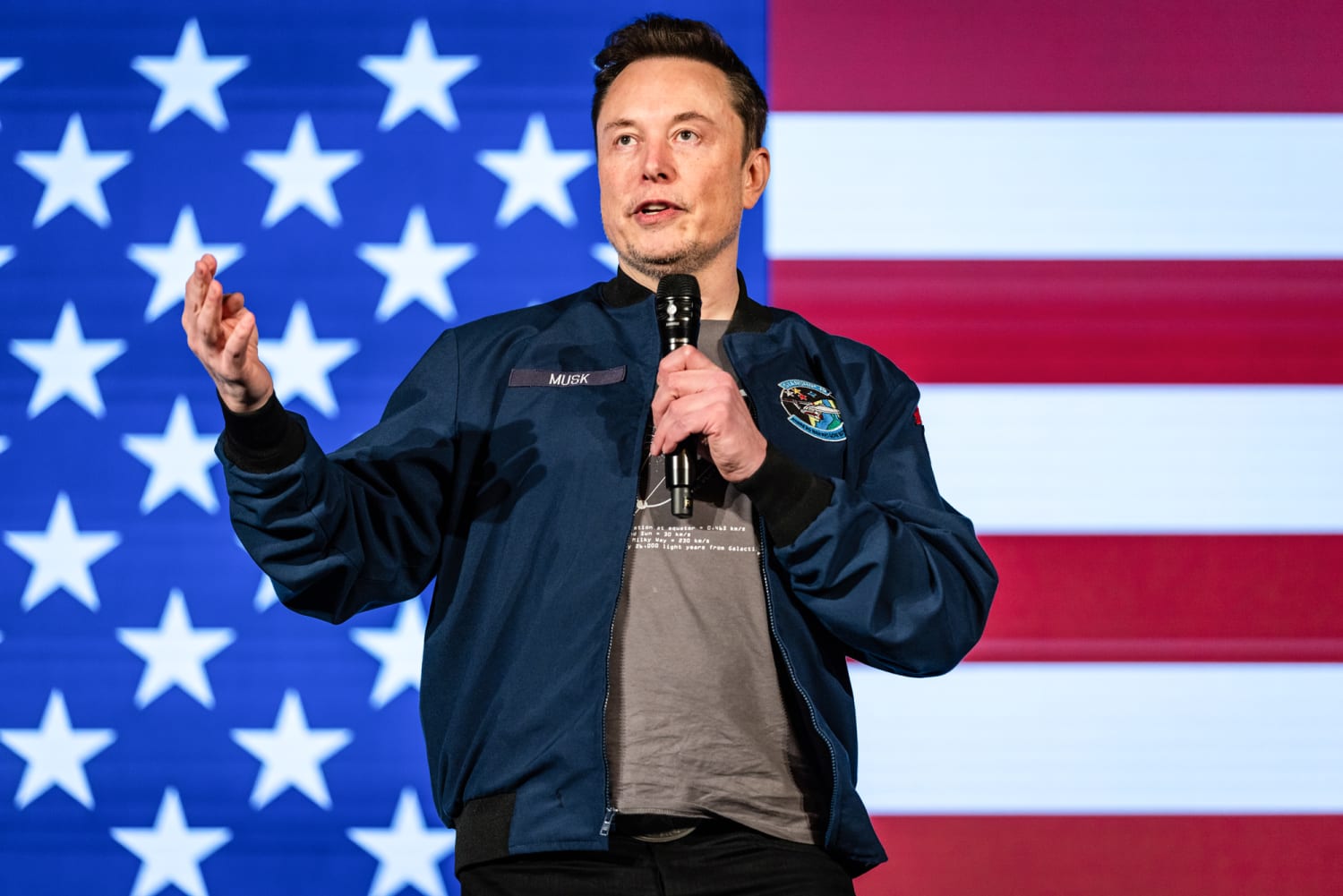
As Musk’s government role came to a close, he made it clear he intended to ramp up his commitment to his businesses. On social media, he announced plans to spend “24/7 at work” and described himself as needing to be “super focused” on the rollout of critical technologies, including Tesla’s electric vehicles, SpaceX’s Starship launch, and the progress of his AI company, xAI.
This shift in focus has been reflected in the stock market, with Tesla shares surging following the news of Musk’s renewed dedication. Despite stepping away from official government duties, Musk has maintained a small office at the White House, signaling that while his formal role has ended, he is not entirely disconnected from political circles.
Yet, the transition away from politics toward business underscores the difficulties Musk faced in trying to impose Silicon Valley efficiency models on the sprawling and complex federal bureaucracy.
Musk’s short stint in government highlights the challenges of political reform, especially when driven by private-sector leaders accustomed to rapid innovation and streamlined decision-making.

The Washington establishment, with its competing interests, legal constraints, and political dynamics, proved a tough environment for Musk’s ambitions. His experiences reflect the broader difficulties of enacting meaningful change within large, entrenched institutions resistant to disruption.
Meanwhile, the fallout from Musk’s political engagement has had tangible impacts on his businesses. His public positions and endorsements, including support for far-right figures, have led to protests and boycotts targeting Tesla and other ventures.
Musk’s candid acknowledgement of the negative reactions, such as people burning Teslas, highlights the risks of intertwining corporate leadership with political controversy.
With his return to focusing on business, Musk aims to rebuild and advance his companies’ ambitious goals. SpaceX’s next Starship launch remains a pivotal moment in Musk’s vision to make humanity a multi-planetary species, while Tesla continues to innovate in the electric vehicle market. Musk’s ability to concentrate fully on these endeavors may determine the future trajectory of his enterprises.

The conclusion of Musk’s government service and his pointed criticism of Trump’s spending bill reveal a complex narrative of ambition, political conflict, and shifting priorities.
While Musk’s efforts to reform government efficiency may have been limited in success, his candidness about the obstacles faced sheds light on the challenges of merging entrepreneurial innovation with political governance.
As Musk moves away from the political arena and refocuses on technological innovation, the implications for both his personal brand and his businesses are significant. Shareholders and the public alike will be watching closely to see if this renewed focus translates into concrete advancements and renewed market confidence.
Musk’s journey serves as a vivid example of the tensions between private enterprise and public policy in contemporary America, highlighting how personalities and politics can intersect in unpredictable ways.
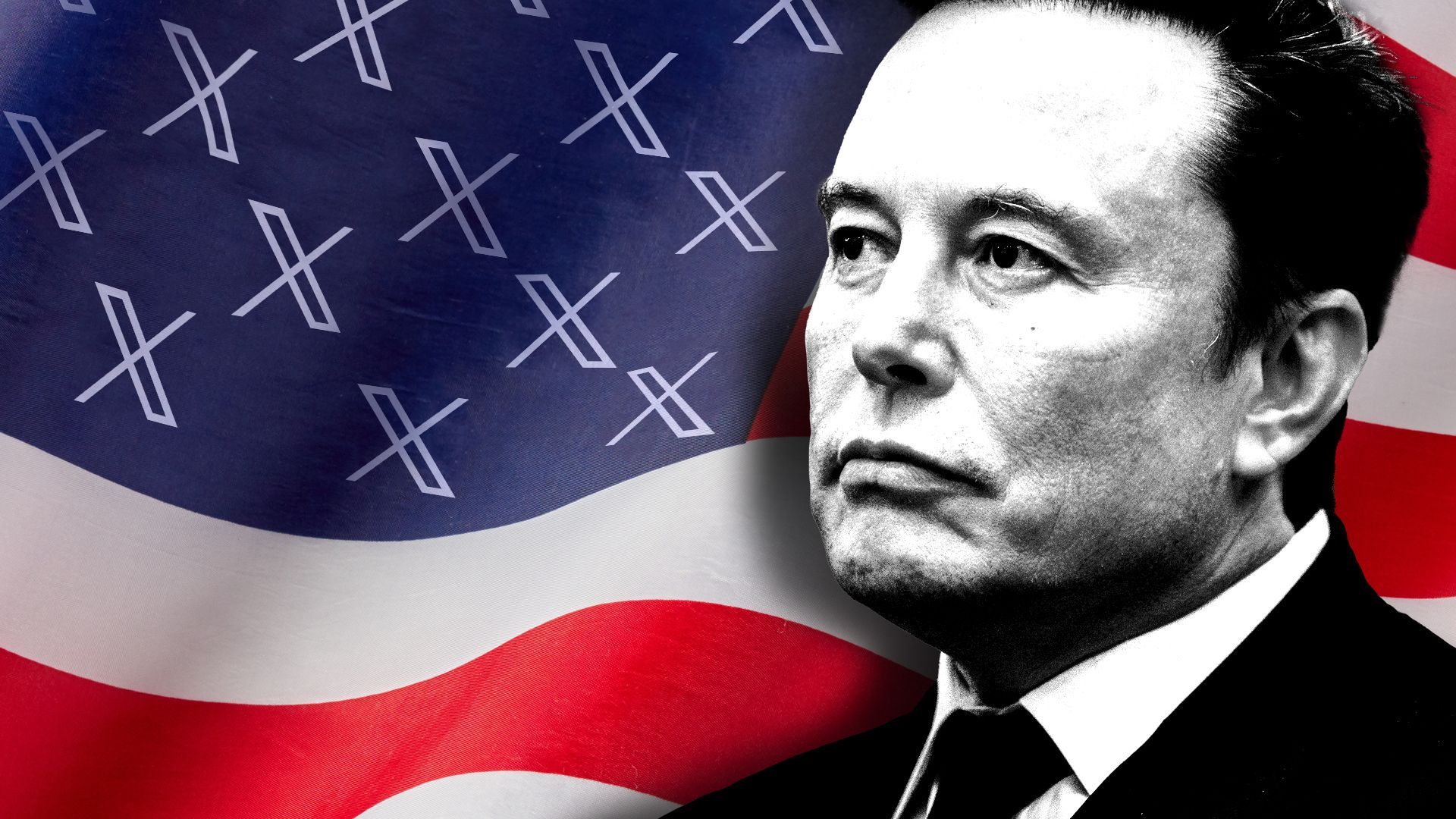
In the final analysis, Musk’s 130 days as a special government employee have ended, but the impact of his ambitions, criticisms, and initiatives will continue to reverberate.
The path ahead for Musk is one of intense focus on innovation, with the legacy of his political engagement serving as a cautionary tale about the limits of individual influence in complex government systems. The evolving story of Elon Musk’s relationship with politics and technology remains one of the defining narratives of our time.
